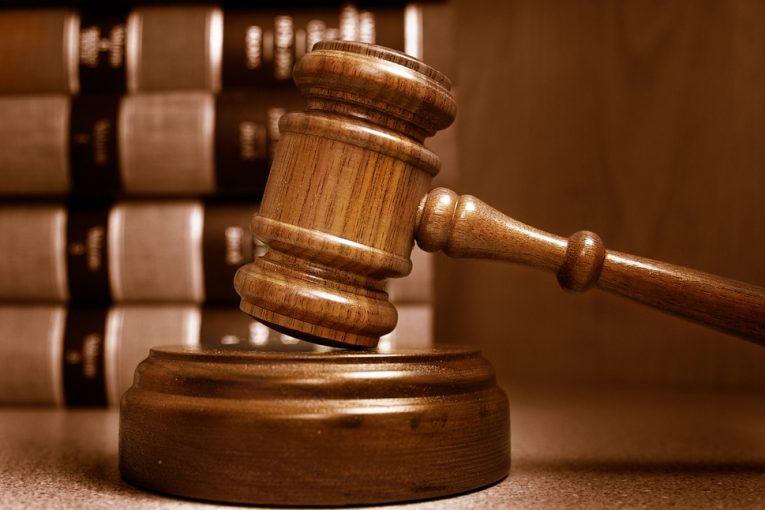

By Audrey Sawyer
AUSTIN, TX – More than 15 years ago, pictures were taken of Boston pediatrician Robert Reece holding brain scans of babies diagnosed with “shaken baby syndrome,” but recent research shows the basis for “shaken baby syndrome” is junk science, which has been used to wrongfully convict people, according to an opinion article in The Express.
Alexandra L. Klein, a former assistant professor of law at St. Mary’s University School of Law, wrote in the article from The Express the courts could possibly fix a “striking disparity” in Texas law in different parts of the state through two cases that are currently pending.
One is ex parte Andrew Roark from Dallas County, with another ex parte Robert Roberson from Anderson County. Both men were convicted of injuring children more than two decades ago, based on a theory known as “shaken baby syndrome” and “abusive head trauma,” said Klein.
Symptoms associated with the syndrome may appear in other medical conditions and should not automatically lead to a conclusion that child abuse has occurred, the Express Op-Ed author wrote, noting parents and caregivers have been wrongfully convicted of harming children with chronic illnesses or accidental head injuries as a result.
Roark and Roberson cited a recent Texas law to challenge their convictions based on intervening charges in scientific discovery about shaken baby syndrome. Both cited evidence showing that their convictions were not held up to scientific inquiry, said Klein in the Express.
As seen by new research, “shaken baby syndrome” as a theory is not as reliable as courts, police, and medical professionals were directed to believe, Klein insists, adding the theory is relying on assumptions that are inconsistent with biomechanics and inadequately supported by scientific testing.
According to the Op-Ed, the prosecutor in Dallas County agreed that Roark should get a new trial because of changes in scientific understanding, with the trial court agreeing. In Anderson County, the prosecutor insisted that the science had not changed, even in the face of new evidence.
However, Roberson, noted Klein in the Express, could be executed based on a theory that experts, including a doctor whose research was used to develop the shaken baby hypothesis, stated themselves it “is not good science.”
The Express Op-Ed by Klein argued the Texas Court Of Criminal Appeals should address the inconsistency and make Texas law consistent with other jurisdictions that have “recognized harm from misuse and misunderstanding of scientific principles.”
Klein points out that, across the nation, courts are overturning convictions similar to Roberson’s and barring evidence about shaken baby syndrome in criminal cases, adding the National Registry of Exonerations cites at least 32 parents and caregivers in 18 states have been exonerated after wrongful convictions due to testimony about shaken baby syndrome.